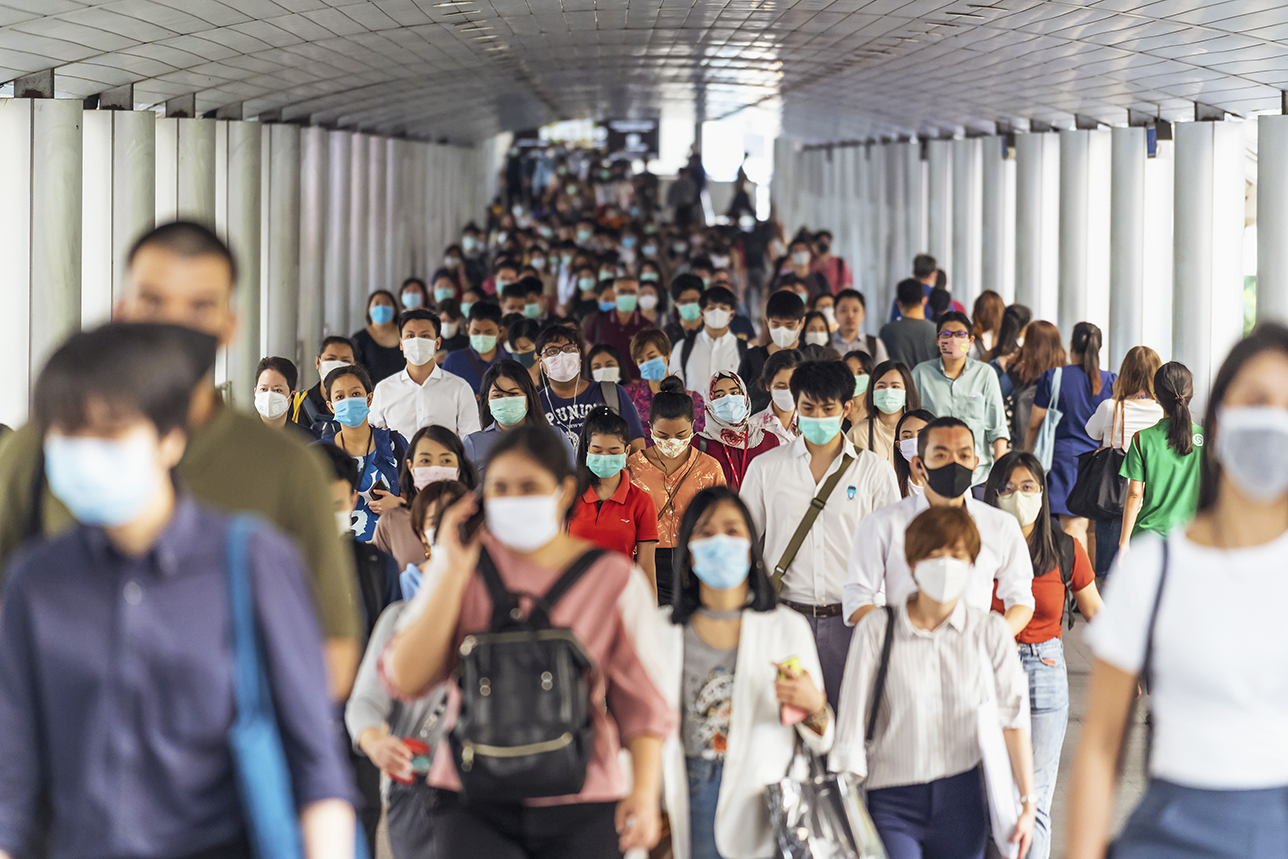
A new, region-wide assessment by the GDN and the Asia Research Centre (ARC UI) at Universitas Indonesia on the pandemic response in 11 countries of Southeast Asia was released. The report titled ‘Social Science and COVID-19: The Southeast Asia Response’ underlines the need for policymakers to engage more closely with social scientists in response to global crises. Read the full report or this report summary.
Social scientists in Southeast Asia:
- undertook research and offered policy recommendations through their widely disseminated online activities in Bangladesh.
- collaborated with community self-help groups and the role of the Indonesian diaspora in Indonesia.
- provided policy recommendations which have led to the development of ten policies and nine measures in response to the COVID-19 pandemic in Laos.
- worked directly with NGO activists on the ground, a more effective and faster way of reaching out to communities in Malaysia.
- collaborated with outside experts to mobilize their own research studies with funding from international donors in Myanmar.
- facilitated collaboration and knowledge sharing with government agencies, the private sector, academia and civil society in addressing the challenges posed by the pandemic in The Philippines.
- collaborated with CSOs and highlighted overlooked aspects of the pandemic in forums and the media in Thailand.
In addition to several worthy responses, the report chronicles systemic gaps within national social science research systems, such as:
- a failure to address the impact on diverse vulnerable communities and populations who need support in Bangladesh
- non-social scientific research, and minimal research funding initiatives in Cambodia
- worsened social inequalities due to the pandemic, and the exclusion of social scientists in Indonesia
- dependence on or proximity to the interests of funders and the government for social science research in Laos and Malaysia
- minimal use of social science research in shaping policymaking processes in Myanmar
- a lack of sustainable funding in The Philippines
- research that supported the national response, but overlooked human and social sides of the pandemic in Singapore and Thailand
- a lack of involvement of social scientists and research in providing evidence for policy decisions in Timor-Leste
- the lack of real-time, disaggregated, reliable and transparent data in Vietnam
The report is the outcome of a special project undertaken by the Global Development Network and the Asia Research Centre (ARC UI) at Universitas Indonesia, with support from IDRC and the Knowledge for Democracy Myanmar Initiative. See a dedicated presentation of the 11-country study at the 'Evidence for Development: What Works Global Summit 2021' | Watch interview with Dr. Inaya Rakhmani, the Asia Research Centre (ARC UI) at Universitas Indonesia. Watch the full "Science advice during Covid-19: What factors made the difference?" panel at #INGSA2021. Listen to this podcast in collaboration with Asia Research News, and read this feature on Bridging the Gap to Improve Development Policies.
National webinars to disseminate findings in several participating countries are being planned.
To support this work, please contact Francesco Obino, Head of Programs





